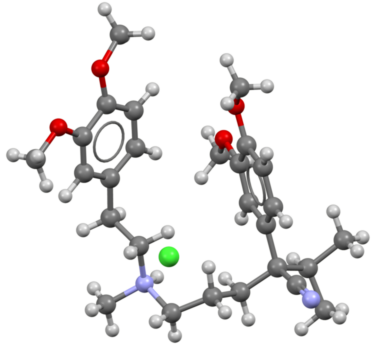Posted: March 2023
ExplainersA recent trial of Verapamil in people with type 1 diabetes showed that it might be useful in preserving beta cell function. Here is our explanation of the trial and what the findings mean for people with type 1 diabetes.
Medication name:
Verapamil (Trade names – Isoptin, Anpec, Cordilox, Veracaps)
Link to publication:
https://jamanetwork.com/journals/jama/fullarticle/2801974?resultClick=1
How does Verapamil work?
Verapamil is a drug known as a calcium channel blocker that is commonly used to treat heart conditions like high blood pressure, irregular heart rhythms (arrhythmias) and to prevent chest pain from angina. Verapamil is not currently approved for use in type 1 diabetes (T1D).
How was this trial done and what were the key findings?
There were 88 children and adolescents aged 7-17 years with recently diagnosed T1D in this trial. Participants were given either Verapamil or placebo (dummy) tablets for one year. The study was blinded, which means neither the participants nor the trial doctors knew who was taking verapamil or placebo. The two treatment groups were also broken down further to receive either intensive management (insulin pump) or standard care (determined by the participant and their doctor).
Verapamil was found to preserve the remaining insulin production for the duration of the treatment, measured by c-peptide (a marker of insulin produced by the pancreas). It appears to work by protecting the pancreas from exhaustion as it struggles to make enough insulin to control blood glucose levels.
What do the results of this study mean for people with type 1 diabetes?
This is an important study because verapamil is already approved for other conditions, and it is an inexpensive and safe medication. Whilst verapamil was able to preserve insulin production and help people with diabetes continue to produce their own insulin in this study, it is unclear whether this effect would be seen long term. Further clinical trials in people with T1D will be needed to determine if it can decrease the need to monitor glucose and inject insulin, and whether it makes life easier for people living with type 1 diabetes.
We will keep you updated on additional results or further studies as they become available.
You may wish to discuss the results of this trial with your doctor.


